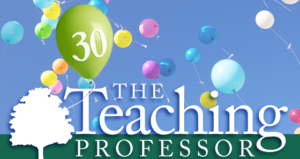
Three Ways to Engage Students In and Outside the Classroom
When students become directly engaged in the learning process, they take ownership of their education. The following learning activities have helped me to engage students in and outside the classroom. The strategies also help keep my teaching relevant, fresh, and creative.
Get real
Silence filled the classroom when the grimacing woman wearing layers of torn sweatshirts and mismatched work boots kicked an empty desk by the door. She fished out a wrinkled paper from her jean’s front pocket and waved it high in the air. “The court sent me,” she said, looking directly into the eyes of a startled young freshman. “And I want to know, who’s gonna make me stay?” Rolling the document into a ball, she quickly darted to the back of the room and dropped it onto the desk of the biggest guy in the room. She asked him, “Is it you?”












